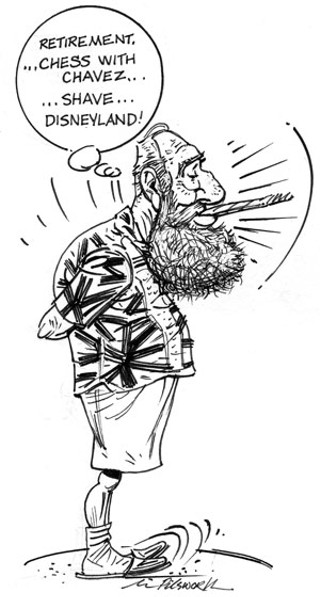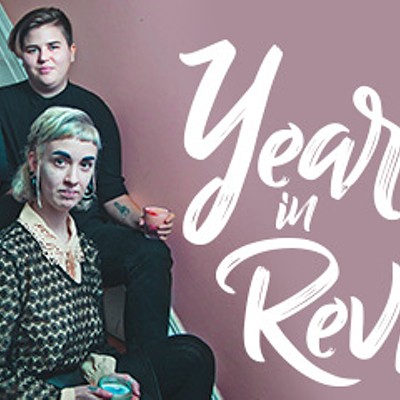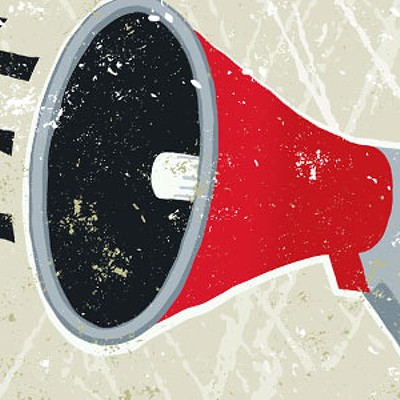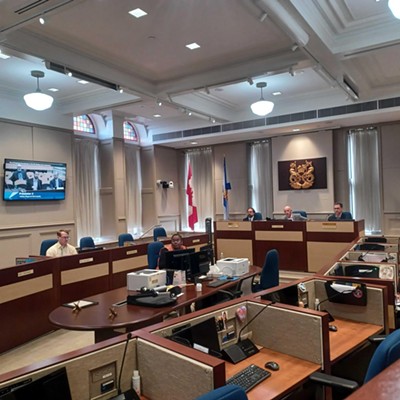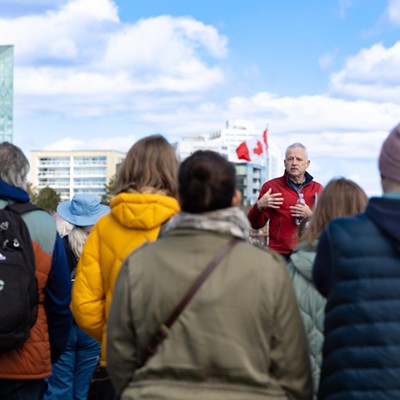With Americans craving political change, it’s been useful to see the US response to Fidel Castro’s resignation last week; the biggest change the northern hemisphere has seen in a while. Barack Obama said he would take a different approach than the trade embargo the States has maintained against Cuba since 1961, and meet Fidel’s successor Raul Castro “without preconditions.” Obama distinguished himself as the only presidential candidate to grasp that America’s long-standing policy has been futile.
Unsurprisingly, the regime of president George Bush marked the Cuban changing of the guard by reiterating the American status quo. “We urge the Cuban government to begin a process of peaceful, democratic change by releasing all political prisoners, respecting human rights and creating a clear pathway toward free and fair elections,” said US Secretary of State Condoleezza Rice, displaying the sort of rhetoric that helped Fidel stay in power from 1959 onward, defying the American bullies. America’s dodgy record when it comes to clean elections, protecting rights and such makes Rice’s finger-pointing hypocritical. But that’s the American way.
“Selective indignation has been the name of the game,” says Cuba watcher John Kirk. “If you look at the human rights situation in Cuba in terms of civil and political human rights, it’s poor. If you look at the situation in terms of social and economic and cultural rights, it’s very good. If you compare Cuba to Mexico, Cuba looks light years better than Mexico. If you compare Cuba to Brazil, likewise. The problem is we don’t do that.”
Kirk is a professor in the Spanish department at Dalhousie University, and one of the world’s foremost experts on Cuba. His first trip to the island was in 1976, and he’s been regularly visiting and publishing books ever since. The morning after our interview, he left for Havana with a group of local officials who want to learn about Cuba’s excellent health system. When NS premier John Savage led trade delegations to Cuba in 1994 and 1996---updating the historic cod-for-rum ties between Cuba and Nova Scotia---Kirk was Savage’s interpreter during the weeks of meetings with Fidel. He remembers the Cuban leader well.
“He has piercing eyes that make you feel very nervous. Speaks very good English but hides behind an interpreter because it gives him time to reflect, an extra few seconds to think about a response. There were a couple times when I was speaking and he would say to me, ‘Kirk, there’s a nuance there that I think you need to understand.’ And he would look at you, those eyes boring into you.” Castro is also “obsessed with” public health, education and social equality, Kirk says.
“For me he is the most important Third World political leader of the 20th century. What Cuban foreign policy has done in Africa and Latin America---I’m doing a book at the moment on Cuban medical internationalism, and Cuba’s got 30,000 medical staff in 72 countries. It has offered 5,000 doctors to deal with AIDS in sub-Saharan Africa, if the west will come up with the drugs. So far the silence is deafening.
“Castro is an extraordinary human being, and a person who for 49 years has defied logic. To survive---I think the official government number is 638 assassination attempts---a lot of assassination attempts, a lot of acts of terrorism by the United States, he’s been an extraordinary Third World leader.”
America’s policy toward Cuba is shaped by the embittered Cuban-American community in Florida, and enabled by sloppy media coverage that perpetuates a cartoon version of Fidel and Raul Castro as Commie thugs. And you don’t have to be John Kirk to realize it’s not working. “The solution,” Kirk says, “is for the United States to recognize that having had 10 American presidents vow to overthrow Castro, and having a record of zero in 10, that perhaps it’s time to change the strategy.”

